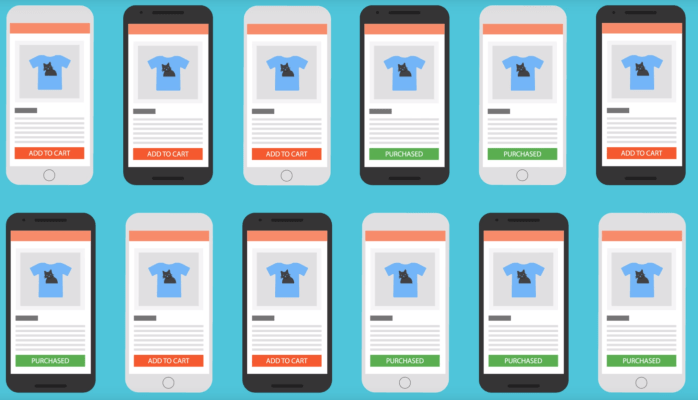Firebase is now Google’s platform for developers who need a backend and other services to build, run and manage their mobile and web apps. Today, at an event in Amsterdam, the company announced a wide range of updates to the platform that touch many of the service’s core features. These include an upcoming integration with the crash-reporting tool Crashlytics, which Google acquired when it bought Fabric from Twitter earlier this year; an improved Cloud Messaging API; the launch of Firebase Predictions for bringing Google’s AI smarts to customer analytics; and a redesigned console for managing projects across their life cycle.
Adding Crashlytics support into the Firebase console, which will roll out in the next few weeks, was always a no-brainer for Firebase. There is little, after all, that’ll make users give up on an app as fast as crashes. Because Firebase has become more of a platform over the course of its recent releases, this also means that developers will now be able to build the crash reports into their workflows by connecting them to the Cloud Functions for Firebase serverless platform for further analysis, for example.
Developers who want to get an early peek at what this will look like can opt in to get early access here.
Similarly, the redesigned Firebase console is also a pretty straightforward proposition, especially now that the service includes a far wider range of features. “We’ve clustered Firebase products into four main areas, based on the app development lifecycle: Develop, Stability, Analytics, and Grow,” the team explains in today’s announcement. “All of the products that you’re used to seeing in the Firebase console are still there; we’ve simply reorganized things to more accurately reflect the way your team works.”
With this update, Google is also expanding the Firebase Cloud Messaging service for (can you guess it?) sending notifications to users. The team is launching a new API for this service today that will make it easier to send cross-platform notifications that could, for example, only include basic text for iOS users and an additional click_action for Android users.
Firebase was always about more than just providing back-end services, though, and since Google acquired the service, that has become increasingly clear. To expand on this, the team is launching a new A/B testing framework today that makes it easier to run variant tests and try different push notification messages. You could previously do some of this through Firebase’s Remote Config tool, but this new framework is deeply integrated with Analytics, Cloud Messaging and Remote Config and brings Google’s experience with Optimize to Firebase users.
The highlight of today’s release is probably Firebase Predictions, though, which uses Google’s machine learning smarts to help developers predict when users are likely to churn, who will likely spend the most money (or not spend any money at all), etc. That’s all pretty standard stuff as far as using machine learning goes, but what’s important here is that this will be really easy to use for developers.
Google says that developers like Halfbrick (of Fruit Ninja fame), used Firebase Predictions and Remote Config to boost its 7-day retention rate by 20 percent.
